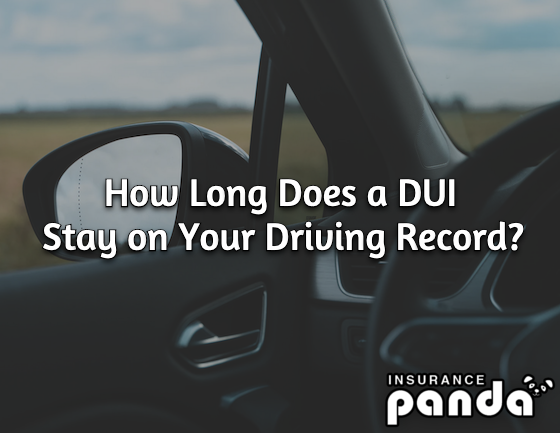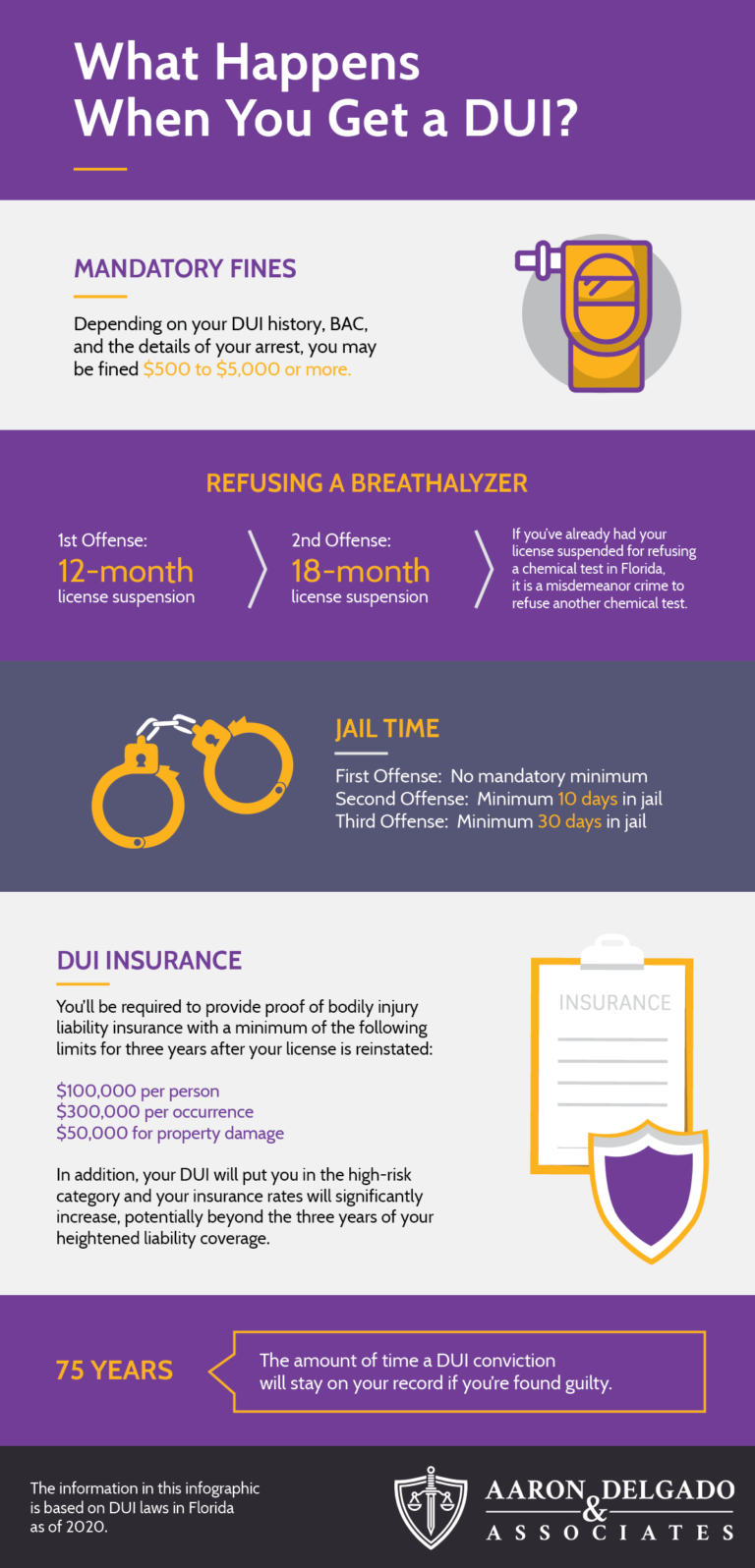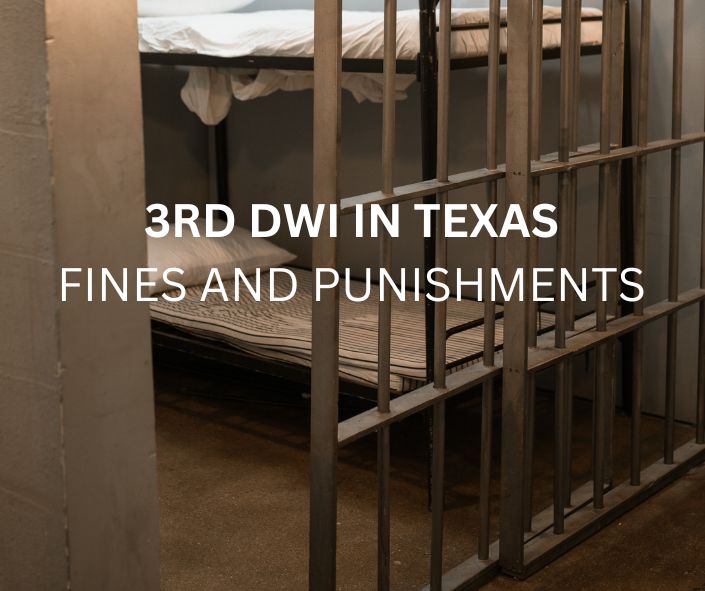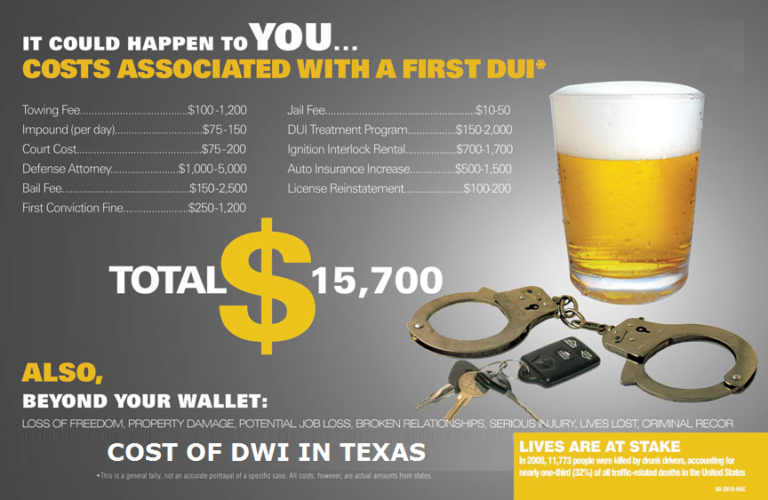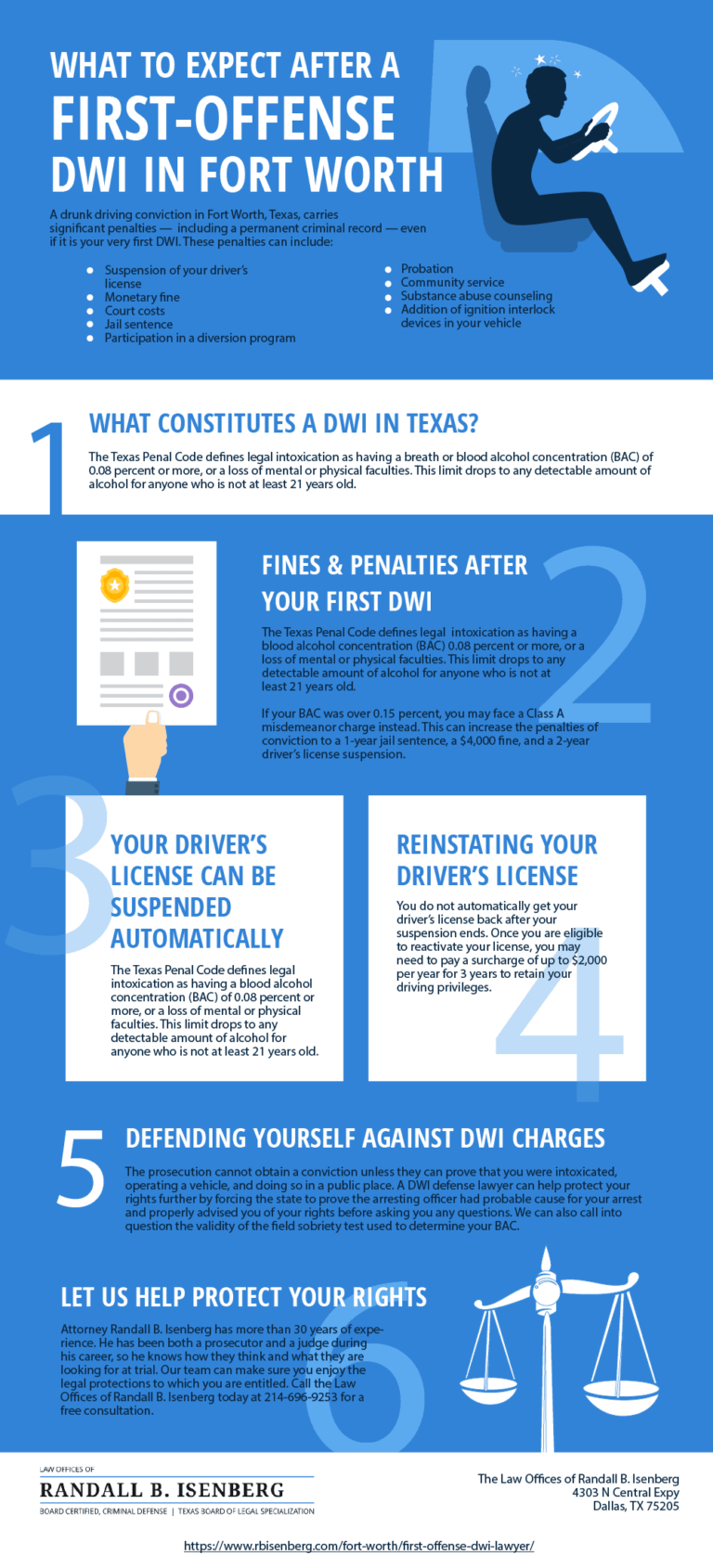What Is The Penalty For 2nd Dwi In Texas?
If you’re wondering about the penalties for a second DWI in Texas, you’ve come to the right place! So, what exactly does the law say when it comes to repeat offenses? Let’s dive in and find out!
In Texas, driving while intoxicated (DWI) is taken very seriously, and second offenses carry even more significant consequences. So, if you find yourself facing a second DWI charge, it’s essential to know what you could be up against.
So, buckle up and get ready as we explore the penalties for a second DWI in Texas and what you need to be aware of. Let’s navigate through the legal landscape together!
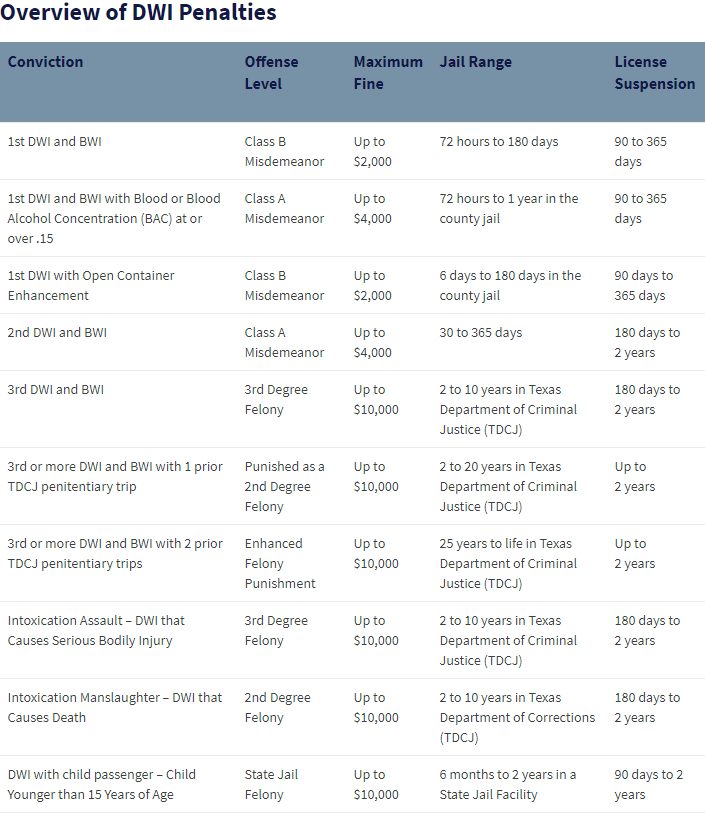
What Is the Penalty for 2nd DWI in Texas?
Driving While Intoxicated (DWI) is a serious offense in Texas, and the penalties for a second DWI conviction are even more severe. If you have been charged with a second DWI in Texas, it is important to understand the potential consequences and how to navigate the legal process. In this article, we will delve into the penalties for a second DWI in Texas, including fines, license suspensions, and potential jail time. We will also provide insight into the steps you can take to mitigate the impact of a second DWI conviction and provide some helpful tips for avoiding future offenses.
Fines and Penalties
A second DWI conviction in Texas carries significant fines and penalties. The fines can range from $4,000 to $10,000, depending on the circumstances surrounding the offense. Additionally, there are mandatory surcharges that must be paid to the Texas Department of Public Safety (DPS) following a DWI conviction. These surcharges can add up to thousands of dollars over time.
Aside from fines, a second DWI conviction in Texas can also result in a longer license suspension. If convicted, your driver’s license may be suspended for up to two years. However, it is possible to petition for an occupational license, which would allow you to drive for necessary purposes such as work or school. It is important to note that an occupational license comes with certain restrictions and requirements, so it is crucial to familiarize yourself with the process and any accompanying conditions.
In addition to fines and license suspension, a second DWI conviction can also lead to mandatory participation in an alcohol education program, community service, and probation. The length of probation and the number of community service hours will depend on the specifics of your case, but it is essential to comply with all court-ordered requirements to mitigate further legal issues.
Jail Time and Ignition Interlock Devices
Another significant consequence of a second DWI conviction in Texas is the potential for jail time. A second DWI offense is considered a Class A misdemeanor in Texas, punishable by a minimum of 30 days and up to one year in county jail. However, if your second DWI offense involves certain aggravating factors, such as a high blood alcohol concentration (BAC) or the presence of a child in the vehicle, the penalties can be enhanced.
In addition to potential jail time, a second DWI conviction may also require the installation of an ignition interlock device (IID) in your vehicle. An IID is a breathalyzer device that prevents a vehicle from starting if alcohol is detected on the driver’s breath. The installation and maintenance costs of an IID can add up over time, so it is important to consider this additional financial burden when facing a second DWI conviction.
It is worth noting that the penalties for a second DWI conviction can vary based on factors such as prior criminal history and the specific circumstances of the offense. Consulting with an experienced DWI attorney is crucial to navigate the legal process and potentially mitigate the consequences associated with a second DWI conviction in Texas.
Ignition Interlock Device Requirement for Second DWI Offenses
When facing a second DWI conviction in Texas, one important aspect to consider is the requirement for an ignition interlock device (IID). An IID is a small breathalyzer device that is installed in the vehicle of a person convicted of DWI to prevent them from operating the vehicle if they have been drinking. The device detects the alcohol concentration in the driver’s breath and will not allow the vehicle to start if the reading exceeds the preset limit.
Requirements for IID Installation
Under Texas law, individuals convicted of a second DWI offense are required to have an IID installed in their vehicle as a condition of their probation. The installation and maintenance costs of the IID are the responsibility of the offender. Additionally, the offender must comply with any other conditions imposed by the court, such as attending alcohol education programs or completing community service.
Once the IID is installed, the offender must blow into the device and provide a breath sample before starting the vehicle. If the breath sample registers a blood alcohol concentration (BAC) above the preset limit, typically 0.08%, the vehicle will not start. Some IID devices also require periodic retests while the vehicle is in motion to ensure the driver remains alcohol-free throughout the trip.
Duration of IID Requirement
The duration of the IID requirement for a second DWI offense in Texas depends on several factors, including whether the offender’s BAC at the time of arrest was above or below 0.15%. If the BAC was below 0.15%, the IID must be installed for at least six months. For offenders with a BAC of 0.15% or higher, the IID requirement extends to at least one year.
It is important to note that the duration of the IID requirement can be longer if the court determines it is necessary. It is crucial to comply with all court-imposed conditions to avoid further legal trouble and potential extension of the IID requirement.
Failure to comply with the IID requirement or attempting to circumvent the device can result in additional legal consequences, including further fines, extension of probation, and potential imprisonment.
How to Avoid a Second DWI Offense in Texas
After experiencing the consequences of a first DWI offense, it is essential to take steps to prevent a second offense and avoid the associated penalties. Here are some tips to help you avoid a second DWI offense in Texas:
1. Don’t Drink and Drive
The most effective way to avoid a second DWI offense is to refrain from drinking and driving altogether. Designate a sober driver, use ride-sharing services, or opt for alternative transportation options if you plan on consuming alcohol. It is never worth the risk to get behind the wheel when impaired.
2. Understand Your Alcohol Tolerance
Know your limits and understand how alcohol affects you personally. Different individuals have varying tolerances to alcohol, so it is crucial to be aware of how much you can consume before reaching an impaired state. Remember that alcohol affects judgment, coordination, and reaction time, all of which are crucial for safe driving.
3. Be Prepared for Alternative Situations
Plan ahead and consider alternative situations that may arise. If your designated driver becomes impaired, have backup plans in place to ensure you have a safe way home. Keep contact information for taxi services or rideshare apps readily available, or consider staying overnight at a friend’s place if necessary.
4. Seek Treatment and Support
If you are struggling with alcohol addiction or find it challenging to control your drinking habits, seek professional treatment and support. There are numerous resources available, such as support groups, counseling, and rehabilitation centers, that can assist you in managing your alcohol consumption and making positive changes in your life.
5. Learn from Your Mistakes
If you have already faced a first DWI offense in Texas, take it as a valuable learning experience. Reflect on the consequences, both legal and personal, and use them as motivation to make better choices in the future. Learn from your mistakes and commit to never repeating them.
Remember, the penalties for a second DWI conviction in Texas are severe, and the impact can be life-altering. By following these tips and making responsible choices, you can avoid a second DWI offense and protect yourself and others on the road.
Key Takeaways: What Is the Penalty for 2nd DWI in Texas?
- The penalty for a second DWI in Texas includes fines up to $4,000.
- A second DWI offense can result in a jail sentence ranging from 30 days to 1 year.
- License suspension for a second DWI can last up to 2 years.
- Completion of a DWI education program and community service may be required.
- Ignition interlock devices may be installed on vehicles after a second DWI conviction.
Frequently Asked Questions
Welcome to our FAQ section where we answer some common questions about the penalties for a second DWI offense in Texas.
1. What happens if I get a second DWI in Texas?
If you are convicted of a second DWI offense in Texas, the penalties can be quite severe. You may face a fine of up to $4,000, a jail sentence of 30 days to 1 year, and the suspension of your driver’s license for a period of 180 days to 2 years. Additionally, you may be required to install an ignition interlock device on your vehicle, attend mandatory alcohol education programs, and face an increase in your car insurance rates. It is crucial to consult with an experienced attorney who can guide you through the legal process and help you mitigate the consequences.
2. Can a second DWI in Texas be a felony?
Yes, a second DWI offense can be charged as a felony in Texas under certain circumstances. If your second offense occurs within five years of your first conviction, it can be classified as a felony. The penalties for a felony DWI can include a fine of up to $10,000, imprisonment for 2 to 10 years, and the loss of your driver’s license for up to 2 years. It is important to note that each case is unique, and the specific circumstances surrounding your offense will be taken into consideration during the legal process.
3. Will a second DWI affect my insurance rates?
Getting a second DWI conviction can significantly impact your car insurance rates. Insurers view DUI convictions as high-risk behavior, and they often raise premiums as a result. Expect to see a substantial increase in your insurance rates, as you will be considered a higher risk to insure. It is advisable to reach out to your insurance provider to understand the specific impact your second DWI offense may have on your premiums and coverage.
4. Can I challenge a second DWI charge in Texas?
Yes, it is possible to challenge a second DWI charge in Texas. Hiring an experienced DWI attorney can help you build a strong defense strategy. Your attorney may challenge the legality of the traffic stop, dispute the breathalyzer or sobriety test results, or question the credibility of any witnesses or evidence presented by the prosecution. They will examine the specifics of your case to identify any possible violations of your rights and work to have the charges reduced or dismissed entirely.
5. How long will a second DWI conviction stay on my record in Texas?
In Texas, a second DWI conviction will remain on your criminal record indefinitely. This means that it can be accessed by employers, landlords, and other entities conducting background checks. Having a DWI on your record can have serious long-term consequences, affecting employment opportunities, housing applications, and other aspects of your life. It is crucial to seek legal representation if you are facing a DWI charge to minimize the impact it can have on your future.
DWI 2nd in Texas: Protect your freedom, avoid mandatory jail time!
Summary
So, remember, if you get caught driving under the influence (DUI) for the second time in Texas, things can get pretty serious. The penalty for a second DWI can include fines up to $4,000, jail time up to one year, and a license suspension for up to two years. Additionally, you might have to pay for an ignition interlock device and attend alcohol education programs.
But it’s not just about the consequences. It’s important to make safe choices when it comes to alcohol. Never get behind the wheel if you’ve been drinking. Instead, call a trusted adult or use a rideshare service to get home. Remember that your safety and the safety of others should always come first. So, always think twice before making a decision that could harm yourself or someone else. Stay safe, stay responsible, and make smart choices!

